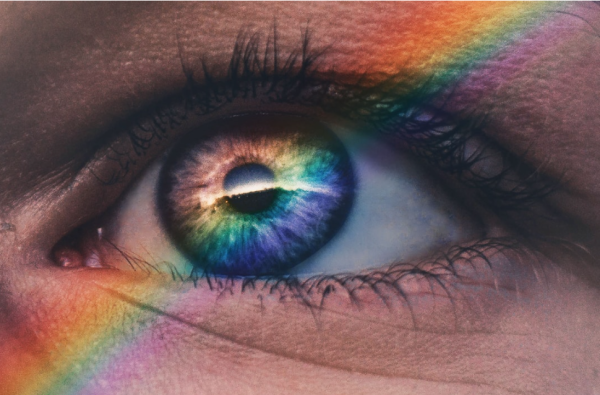The journey to recovery from addiction presents a unique set of challenges for every individual, particularly for those in the LGBT community. Stigmatization, discrimination, and the lack of specialized care often impede access to effective treatment options for LGBT individuals. Recognizing the need for safe and affirming spaces, LGBT drug rehab programs are an essential aspect of the healthcare landscape. They not only provide specialized care but also promote inclusivity and understanding. Below, we explore why these programs are crucial to recovery and how they can make a profound difference.

Navigating Choices: How to Find the Right LGBT Drug Rehab Program
Finding the right LGBT drug rehab program requires careful evaluation of inclusivity, tailored treatment, and staff expertise in LGBT-specific issues. Programs like an LGBT rehab Los Angeles integrate identity-affirming care, offer accredited therapies, and align with a philosophy that supports long-term recovery.
Community engagement is also crucial—strong connections with LGBT organizations and aftercare programs enhance support. Consulting healthcare providers, support groups, or those with firsthand experience offers valuable insights, ensuring the chosen rehab aligns with personal needs and comfort.
Understanding the Unique Challenges Faced by LGBT Individuals in Addiction
LGBT individuals often have a higher prevalence of substance use disorders than heterosexual individuals due to societal pressures and discrimination. Stress, isolation, and emotional distress can worsen addiction. Understanding the intersection of LGBT identity with substance abuse is crucial for providing appropriate support and recovery services.
Mainstream addiction treatment programs may lack cultural competency to address the specific needs of LGBT clients, leading to disengagement. LGBT-specific programs are essential for providing quality care tailored to their experiences. LGBT rehab programs are more than just avoiding discrimination; they are an opportunity to participate in a healing process that recognizes and celebrates each individual’s full identity.
The Role of Inclusivity in Effective Addiction Treatment
Inclusivity in addiction treatment is a clinical imperative, as empathetic and affirming healthcare environments can improve patient outcomes. Trust is fostered through acceptance, leading to greater openness and honesty during treatment. Effective treatment programs focus on respect, understanding, and personal attention to the individual’s whole identity, addressing the psychological and social aspects of addiction often ignored in traditional settings.
Integrating therapy approaches that specifically examine issues related to LGBT identity ensures treatment is relevant and relatable. A trained staff that is sensitive to LGBT issues and represents a diverse range of experiences, including members of the LGBT community, is key to inclusivity.
Designing LGBT-Friendly Drug Rehab Programs: Key Components
LGBT-friendly drug rehab programs focus on a nonjudgmental approach, offering individualized treatment plans that include medical, psychological, and social support. These programs aim to address the multifaceted needs of LGBT individuals in recovery. They provide a safe space for clients to discuss issues related to their sexuality or gender identity without fear of judgment. Group therapy is tailored to tackle common experiences within the LGBT community, such as discrimination or coming out.
Holistic treatment, including hormone therapy support for transgender clients, connections to LGBT support networks, and aftercare programs focused on relapse prevention, is also essential. The effectiveness of these programs is attributed to outreach and education, advocacy to combat societal stigma, community engagement, and staff training to stay updated on LGBT healthcare best practices.
Success Stories: The Impact of LGBT-Specific Rehab on Recovery
LGBT-specific rehab programs have been shown to have a significant impact on personal narratives of transformation. These success stories often highlight the importance of understanding and support in mainstream addiction treatment, which is often lacking in mainstream treatment.
Clients often attribute their sustained recovery to the sense of community and identity-affirming environment provided by these programs. The success stories of these programs serve as beacons of hope within the LGBT community, guiding others seeking specialized care. They also highlight the need for broader systemic changes that embrace the needs of all patients, inclusive of their diverse identities.
Overall, LGBT drug rehab programs fill a vital gap in addiction treatment, offering refuge and restoration to a community disproportionately affected by substance abuse. By fostering environments where individuals are valued and understood, these programs not only empower their clients but also contribute to the broader goal of creating an inclusive society that respects diversity in all its forms. Let’s continue the discussion and support initiatives that promote holistic healing for all members of society, regardless of their identity.

